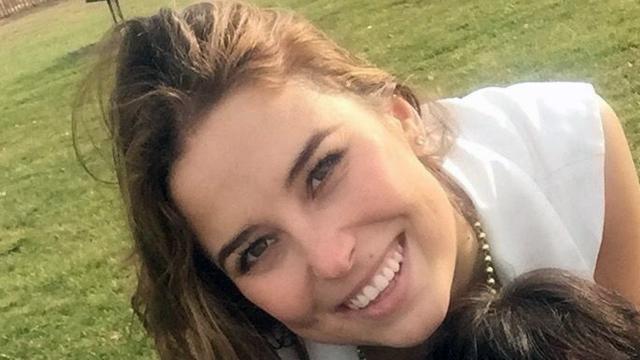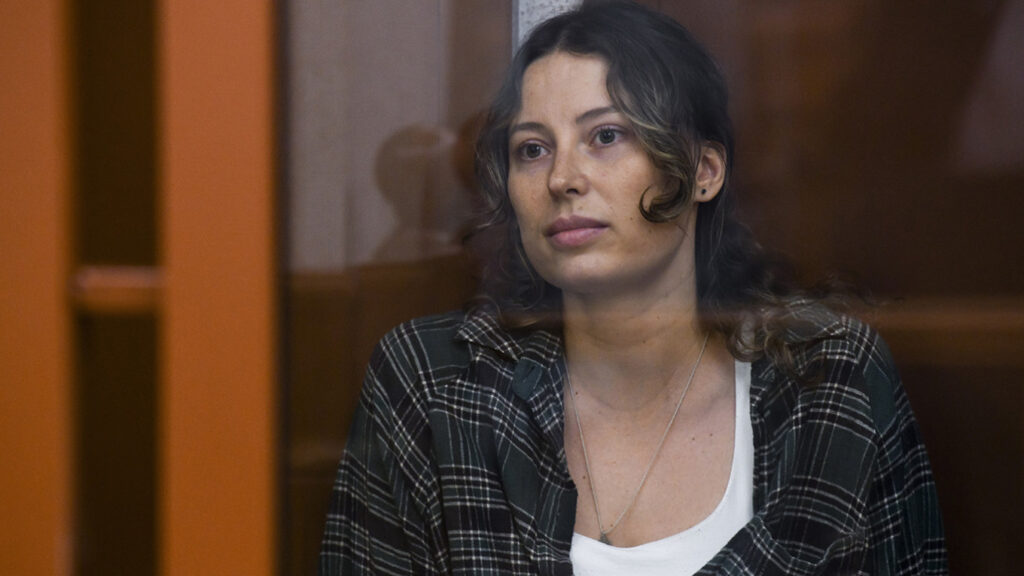Ksenia Karelina, a dual U.S.-Russian citizen, has pleaded guilty to treason charges in a Russian court for donating money to a Ukrainian charity, her lawyer Mikhail Mushailov told state media on Wednesday. The case has drawn international attention and raised concerns about the treatment of dual citizens in Russia.

Karelina, a 33-year-old ballerina and spa employee from Los Angeles, was arrested in January while visiting family in Yekaterinburg. She faces up to 20 years in prison if convicted of treason. The charges stem from a donation of approximately $50 to Razom, a New York-based charity providing humanitarian aid to Ukrainians affected by the war, shortly after Russia’s invasion of Ukraine in February 2022.
“She admits her guilt, yes,” Mushailov was quoted as saying by the RIA Novosti news agency following a closed hearing at the Sverdlovsk Regional Court. The lawyer expects a verdict to be delivered at the next hearing on Thursday, although local media reports suggest the announcement may be delayed.
The case is being conducted behind closed doors, as is typical for treason trials in Russia due to the sensitive nature of the information involved. U.S. Consul General Stuart Wilson was reportedly turned away from Wednesday’s hearing, underscoring the diplomatic tensions surrounding the case.

Independent broadcaster Sotavision reported that Karelina’s case is being handled by the same judge who sentenced U.S. journalist Evan Gershkovich to prison for espionage last month before his release in a prisoner swap. This connection has raised questions about the fairness of the proceedings and the potential for diplomatic intervention.
Razom, the charity at the center of the case, has called on U.S. authorities to demand Karelina’s release from Russia. The organization’s involvement highlights the broader geopolitical context of the case, particularly the ongoing conflict in Ukraine and its impact on international relations.
The treason charges against Karelina for a relatively small donation to a humanitarian organization have drawn criticism from human rights advocates and raised concerns about the expansive application of treason laws in Russia. The case also serves as a stark reminder of the risks faced by dual citizens in countries experiencing heightened political tensions.
Credit: themoscowtimes



